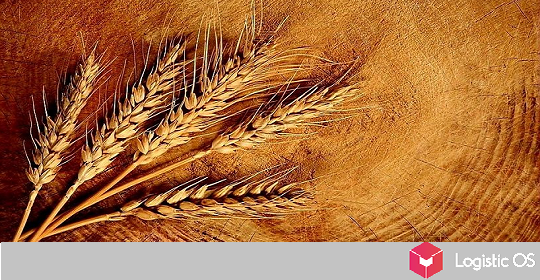The project was developed for organizations and individual entrepreneurs on the simplified taxation system (STS).
It is about calculating taxes for micro and small businesses. Both for companies and for entrepreneurs who apply the general taxation regime, simplified taxation, work on a patent or pay unified agricultural tax with an annual turnover of no more than 60 million rubles.
And it doesn’t matter if there are hired employees (there can be no more than five of them).
At first glance, the new tax regime has many advantages:
The payment of contributions for social, pension and medical insurance for oneself (if it is an individual entrepreneur) and employees will be canceled.
Those who choose this taxation regime (voluntarily) will be exempted from the obligation to keep records and submit tax returns.
What is in return?
And instead of raising the rate of the calculated tax: if “income” is chosen as the tax base, then the tax rate increases from 6% to 7-8%.
If «income minus expenses» — from 15% to 20%.
There will be restrictions on the types of activities, but the parameters have not yet been determined.
How and by whom will taxes be calculated, and who will replace the accountant?
All these functions will be entrusted to the bank and the tax inspectorate — based on the data received from the data banks and the CCP data, the inspectors will calculate the taxes themselves.
It is important that only transactions carried out through the bank will be taken into account. And this applies not only to income, but also to expenses.
Employees’ salaries should also be paid only through the bank.
In this case, the tax period becomes short — one month. After this period, the inspectors will calculate the tax and notify the entrepreneur about it.
That is, companies will have to more often withdraw working capital for payments to the budget.
In general, there are many questions about the project:
— according to the labor code, the employee himself has the right to choose the method of receiving wages and he cannot be denied this right
— if contributions are canceled, then how will sick leave be paid?
— will banks provide social or property deductions to employees, and who will issue the income statement?
— how to calculate, for example, dividends without accounting?
— will it be possible to issue an invoice with allocated VAT? etc.
Well, and one more important point: being the only and main intermediary between the company and the tax inspectorate (actually a monopolist), what tariff policy will the banks pursue?

